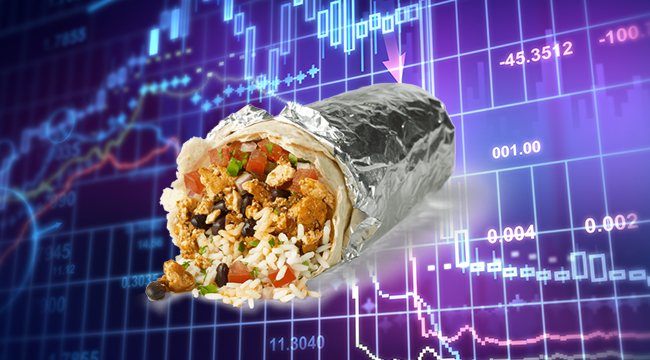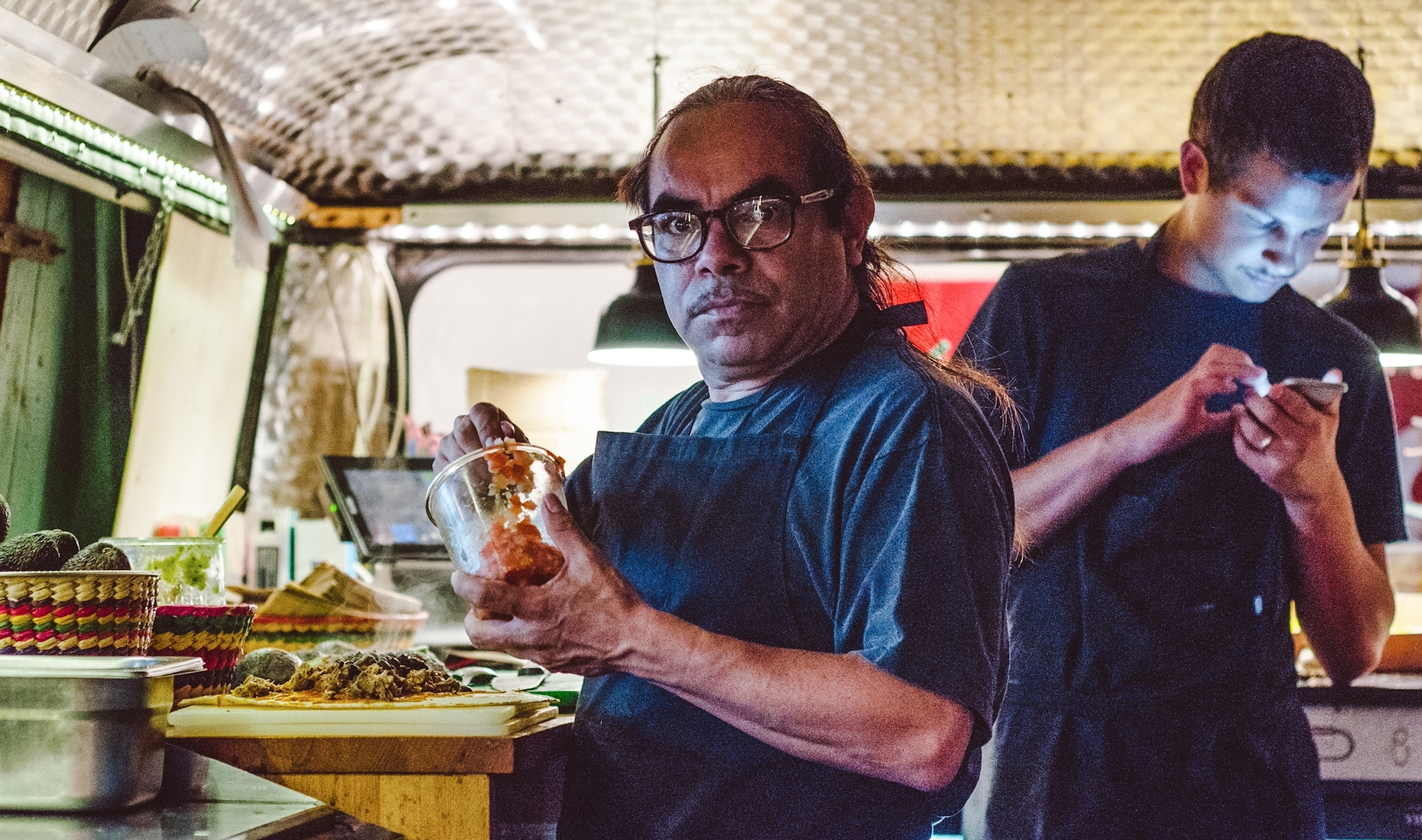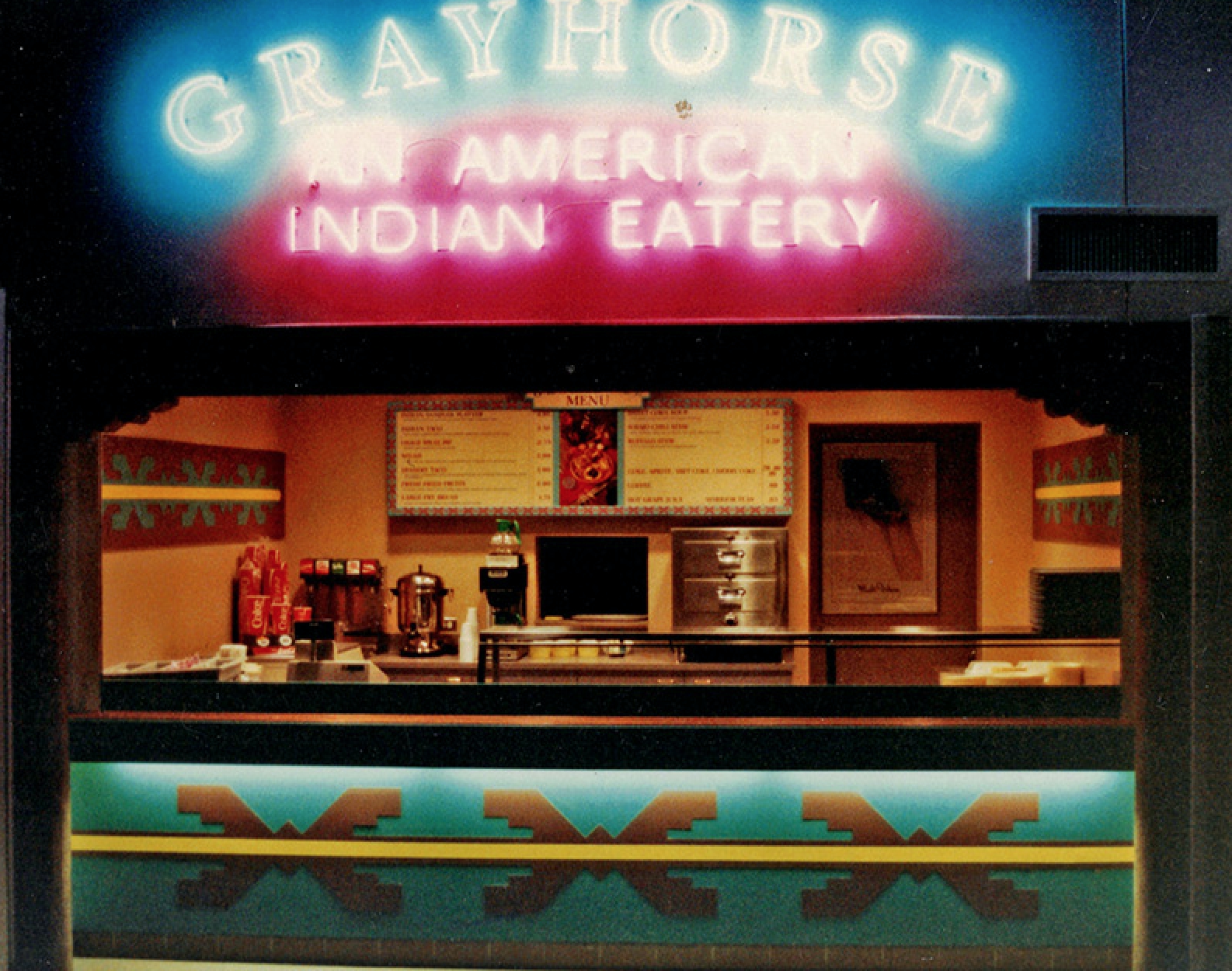
Ever since the first E.coli outbreak that Chipotle suffered in 2015, founder and longtime CEO Steve Ells’s conference calls for investors have been bleak. After waves of illness swept across the company — widespread E.coli, punctuated by some more localized norovirus outbreaks — silver linings for the burrito brand have been shockingly hard to come by. Eager to bounce back, the company has thrown a lot of ideas at the wall in the ensuing years, but every would-be win has somehow backfired.
A shift in sustainable sourcing practices (a stop gap to make sure no one else got sick) muddied Chiptole’s identity. The endless rounds of free burritos built no lasting loyalty. The new queso made no new fans. Neither did the free new queso or the new new queso. The news — for a company that was an absolute juggernaut in the fast-casual dining scene in the early 2000s — has been bad on bad on bad. And the trend is continuing.
Last week saw a massive sell-off of Chipotle stock (after another stock tumble in December), as prices free-fell 17%. This came on the heels of an earnings call that — shocker — went poorly. Declining foot traffic (and Facebook check-ins) has analysts panicked, something the company is hoping to remedy with a $50 million infusion to improve the dining rooms of their stores. The money seems like an admission that the industrial design wave has passed and over the long term customers don’t want to eat in cold, dark warehouses.
The bigger question, as the company limps through quarter after quarter, is this: Do we still need Chipotle? What role is it filling for the increasingly knowledgeable diners of the United States? What is its place in our rapidly evolving fast-casual landscape?
After two years of false starts, it’s quite possible, likely even, that the moment has simply passed Chipotle by. Maybe the brand is like a musician who had a nice window, was stymied by frustrations, and saw that window close. Or the actor who had a hit, failed to open a few big movies, and is now borderline forgotten. The pop culture analogy makes a lot of sense in this case, because Chipotle was — for a time — a pop culture phenomenon. Everyone was obsessed. There was an active social media following, people challenged themselves to eat there as often as possible… it was a juggernaut.
But any movie star or pop icon can tell you: Audiences are fickle. And there’s always something newer and hotter around the corner. Nas and Jay Z give way to Drake who gives way to Lil’ Yachty who gives way to Lil’ Pump. Times change, trends shift, and one-time heroes are left behind.

Illness aside, the real case against Chipotle is essentially a remix of the old “If you can’t find a better tasting burrito in your home city, you need to look harder” argument, but filtered through the prism of “what feels real.” Chipotle isn’t “real” Mexican food. It’s more of a riff — a mission burrito made with a few added flairs. That’s fine. No one is saying that quasi-Mexican food is all bad. At this point in American history, sorta-Mexican food is a well-established subgenre of actual Mexican food.
But in an era when people are getting to know food cultures outside of their own, and that knowledge is further atomizing to focus on regional cuisines, Chipotle lacks the culinary sense of discovery that gets people excited. Is it a death-knell? No. But it is a trouble spot (one that’s unlikely to be remedied by brand new CEO and ex-Taco Bell head, Brian Niccol).
The other pinch point is that this quasi-Mexican food is coming from a corporation. Corporations are a tough sell in food these days — when local and artisan and small batch are the buzzwords-of-the-moment. Yes, they can still track, but they’re only going to capture people as long as the corporation feels cool and chains being cool in 2018 is a goddamn tightrope. We’re in an age when corporations are treated like humans. They make jokes, they have personalities, they keep Instagram accounts and engage with users. Chipotle’s E.coli outbreak is the first major foodborne illness to rampage across this new landscape.
Back when Taco Bell and Jack in the Box were hit with their own E.coli fiascos, businesses like theirs were defined by newspapers, a little internet, and some national ads. These days, fast food companies rip on one another in their Twitter feeds, they put out capsule collections, and — generally — they try to be your friend. Chipotle was a company that benefitted from this model in the early years, but now… maybe it’s time to accept that humans break up. They move on. They change.
In an era when a restaurant goes from hot “it company” that everyone is waiting in line for, to mainstream star, to jaded Vegas sell-out in just three years, Chipotle may have to recognize that the moment of being the cool kid may never come back. The company has entered its mid-career stage.

So what to do? Can the once-darling ever recapture the heat? They might, if they were willing to take a big leap. It’s difficult and takes a degree of humility, but it’s definitely the model favored in pop culture: Invite the next generation to the party. In Hollywood, that means an actor producing up and coming projects or partnering with innovators. In music, it means established artists seeking out mixtape stars for cameos. It’s Gucci Mane tapping Migos for tracks, then (allegedly) signing Lil’ Pump.
In food, that means recognizing where the scene is focused and getting involved. Right now, the food world is talking about sustainable sourcing (this convo isn’t going away), female-owned businesses, and diversity/representation/inclusion. Perhaps the ultimate play for Chipotle is to become an incubator for brands that are innovating on those counts. Think of how the company could support a vegetarian fast-casual up and comer like by CHLOE, or a female-owned business like Preeti Mistry’s Juhu Beach Club (the restaurant closed, but the cookbook just launched), or a company fighting to restore indigenous foodways like our #1 pick to be the “next Chipotle“: Tocabe.
See, Chipotle’s #1 asset isn’t their recipes. It’s not their logo or even the silo storing all the limes that they overload their chips with. It’s their locations. Chipotle has been very active about selecting “end cap” locations — which are found at the intersections of malls. Of their 2,408 restaurants, 1,396 are end caps. That’s a stupendous percentage. The company doesn’t own these spots, but they have long-term leases, often with options extending 30 years out. Imagine what would happen if Chipotle set up incubators in some of those spaces? Wouldn’t it be incredible to see Tocabe to get foot traffic in LA? Or watching Mistry (who has been a huge advocate for POC and female-owned businesses, especially after white male chefs were outed as sexual harassers) get funded on a grand scale?
Dear restaurant investors….all those #chefbros still looking like the safest deal?? 🤔🤔🤔
— Preeti Mistry (@chefpmistry) December 11, 2017
Chipotle could change the game by making it more egalitarian. In fact, they could do that without breaking a sweat. In the process, they could actually stabilize their business, offset some of their risk (by not being just in the burrito lane), and get a little “cool factor” back. They could find the natural resting place for how many outlets the chain needs (we don’t need them to be ubiquitous, this nation is full of great Mexican food that deserves to be celebrated), and become something akin to a record label for restaurants. They would train companies (Chipotle’s in-line service method is its second best asset, behind the real estate). They would help them market. They would support new culinary stars and bring new voices to the table.
As such, the brand would be relevant again. Chipotle, once the darling, would now step into the role of experience-wisened veteran. The battle-worn stalwart of fast-casual. That could be a nice angle for them; a new direction that people would get behind. In fact, they’re already doing something similar with their growing pizza and burger brands, but to do it with a more diverse slate of businesses, in which the chefs retained ownership stake, would make a far bigger splash.
In all of Steve Ells’s investor calls, he’s proven to be an optimistic man and willing to try things. But everything he’s trying is “You don’t like Chipotle right now, well what if we give you MORE OF US?” Maybe it’s time for a new tactic, one that’s on-trend, pushes the culture forward, and supports the brand’s highest ideals of “food with integrity.”






